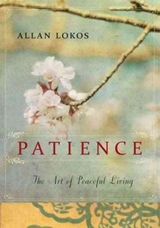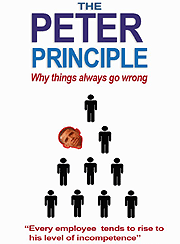 by Tony Schwartz –
by Tony Schwartz –
Think for a moment of the last time you felt triggered — pushed into negative emotions by someone or something. Here, for example, are several of my triggers: feeling taken advantage of, not getting a response to an email I’ve sent to someone, and not being acknowledged for good work I’ve done.
We move into negative emotions — what we call the “Survival Zone” in our work at The Energy Project — when we feel a sense of threat or danger.
But what is the threat exactly? Over the past decade, my colleagues and I have asked thousands of our clients to describe something that consistently triggers them and then explain why.
Remarkably, we’ve found that a trigger can almost always be traced to the same root cause: the feeling of being devalued or diminished by someone else’s words or behavior. Consider my triggers above. [Read more…]

 by Margaret Heffernan –
by Margaret Heffernan – by Tony Schwartz –
by Tony Schwartz – by John Baldoni –
by John Baldoni – by Tony Schwartz –
by Tony Schwartz – by Ronald E. Riggio, Ph.D. –
by Ronald E. Riggio, Ph.D. –